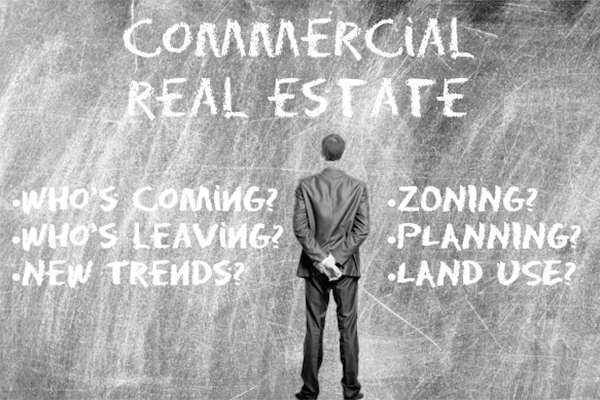|
RCBJ-Audible (Listen For Free)
|
If You Don’t Think It, You Won’t Say It!
By Paul Adler
Rockland County is one of the state’s most diverse regions, yet it grapples with significant racial and religious bigotry that permeates its elective politics. Historical scare tactics have warned of Blacks and Hispanics migrating from the Bronx, a narrative rooted in Rockland’s history as a primary destination for white flight from the Bronx in the 1960s and 1970s. Some towns even rejected federal funds to keep their facilities and public housing free from minorities.
 Today, a new scare tactic targets the Hasidic Jewish community, with claims that their growing presence threatens the local way of life. This bigotry is prominently displayed on social media and blogs, impacting perceptions of Rockland when companies and site selectors consider locating here, or when potential residents evaluate the area. The prevalence of hate speech and negative social media posts undermines the fabric of this diverse county, damaging property values and deterring people from choosing to live, work, and play in Rockland.
Today, a new scare tactic targets the Hasidic Jewish community, with claims that their growing presence threatens the local way of life. This bigotry is prominently displayed on social media and blogs, impacting perceptions of Rockland when companies and site selectors consider locating here, or when potential residents evaluate the area. The prevalence of hate speech and negative social media posts undermines the fabric of this diverse county, damaging property values and deterring people from choosing to live, work, and play in Rockland.
The adverse effects of negative social media on Rockland County are manifold.
First and foremost, the perpetuation of hate speech and bigoted narratives on these platforms tarnishes the county’s reputation. When companies and site selectors are evaluating potential locations for expansion or relocation, they are highly sensitive to the social and cultural environment of an area. Negative portrayals of racial and religious tensions can deter businesses from investing in Rockland. Companies often seek to avoid controversy and prefer to establish themselves in communities that are perceived as stable and welcoming. As a result, Rockland could miss out on significant economic opportunities, stunting local economic growth and reducing job creation.
Moreover, the constant stream of negative social media posts can dissuade potential residents from moving to Rockland. People looking to relocate are increasingly turning to social media to gauge the quality of life in different areas. When they encounter a barrage of posts highlighting racial and religious conflicts, they may decide against moving to Rockland, fearing for their safety and the well-being of their families. This not only impacts the population growth of the county but also affects the diversity that Rockland prides itself on. New residents bring fresh perspectives and contribute to the cultural richness of a community. Without an influx of new residents, the county risks becoming stagnant and losing its vibrancy.
Additionally, the negative social media environment has a direct impact on property values in Rockland. Real estate markets are heavily influenced by public perception. When an area is seen as contentious or unwelcoming, property values tend to decline. Homebuyers are less likely to invest in a community that is plagued by social unrest, and current residents may choose to sell their homes and leave, further driving down prices. This decline in property values can have a cascading effect on the local economy, as lower property values result in reduced property tax revenues, which in turn affects public services and infrastructure.
The psychological impact on current residents should not be underestimated either. Living in a community that is frequently depicted in a negative light can take a toll on the mental health and well-being of its residents. Constant exposure to hate speech and bigotry can create a sense of fear, anxiety, and isolation among community members, especially those who belong to targeted racial or religious groups. This can lead to a decrease in community cohesion and a breakdown of social trust, making it harder for residents to come together to address common challenges and work towards shared goals.
The negative effects of contentious social media on Rockland County are profound and far-reaching. The perpetuation of racial and religious bigotry online damages the county’s reputation, deters businesses and potential residents, lowers property values, and harms the mental health and well-being of current residents. Addressing these issues requires concerted efforts from community leaders, residents, and social media platforms to promote positive narratives and foster a more inclusive and welcoming environment for all.
Paul Adler is Chief Strategy Officer of Rand Commercial. paul.adler@randcommercial.com
NOTE: The opinions of this essay belong to the writer, not RCBJ













